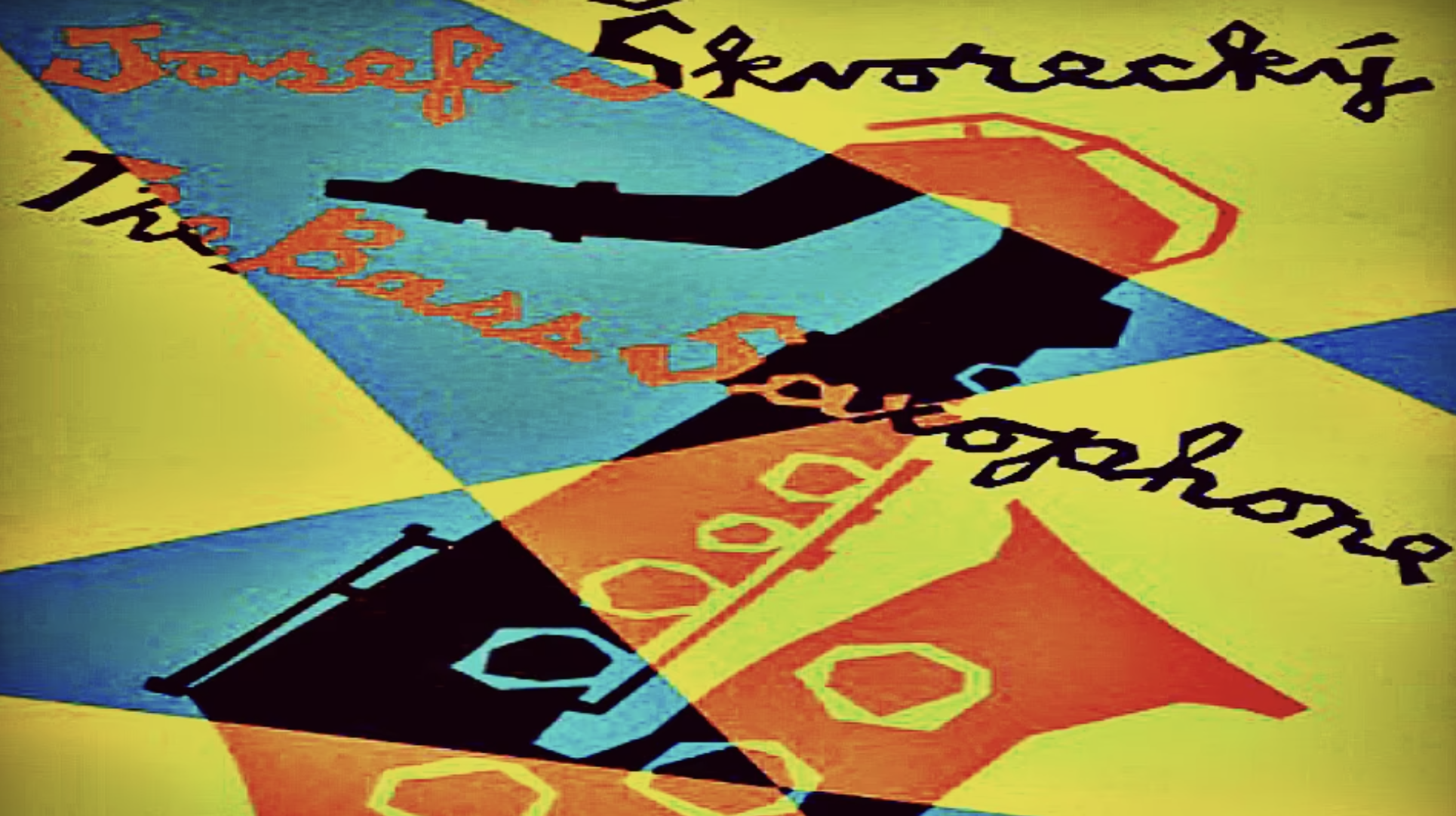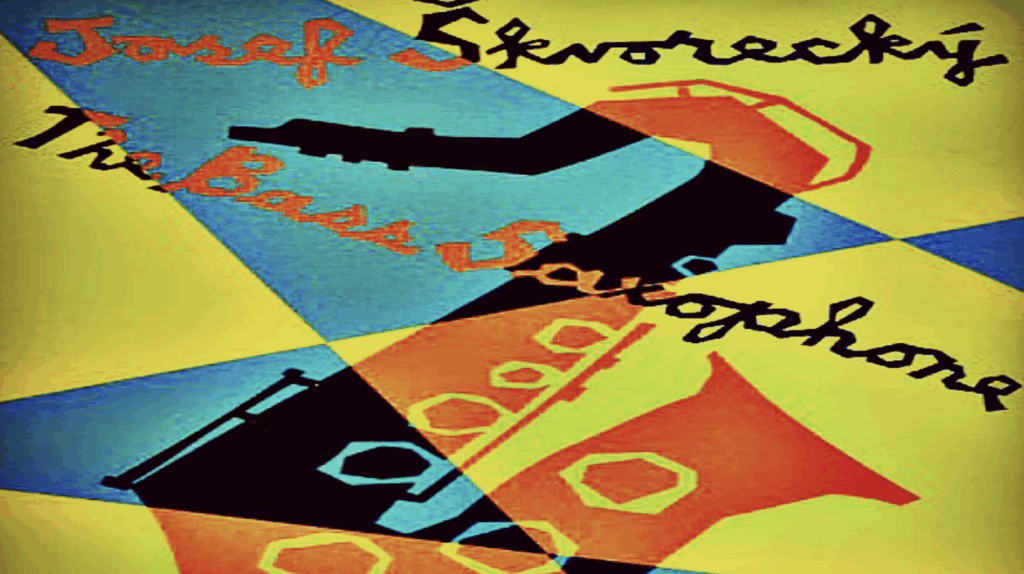

Just like the rock and roll revolution of the Nineteen Fifties, which shocked staid white audiences with translations of black rhythm and blues, the popularity of jazz prompted all types of racial panic and social anxiety within the early a part of the twentieth century. Lengthy earlier than the rise of European fascism, many American teams expressed excessive worry and agitation over the rise of minority cultural types. However by World Battle II, jazz was intrinsically woven into the fabric of American mainity culture, albeit typically in versions scrubbed of blues underneathtones. This was not, in fact, the case in Nazi occupied Europe, the place jazz was suppressed; like most types of modern artwork, it bore the stigma of impurity, innovation, passion… all qualities completeitarians frown on (even anti-fascist theorist Theodor Adorno had a serious beef with jazz).
And whereas it’s no nice surprise that Nazis hated jazz, it appears they expressed their disapproval in a really oddly specific manner, at the very least within the recollection of Czech author and dissident Josef Skvorecky.
On the occasion of Skvorecky’s dying, J.J. Gould leveled out in The Atlantic that the author was himself one of many characters that so interested Kubrick. An aspiring tenor saxotelephone player living in Third Reich-occupied Czechoslovakia, Skvorecky had ample opportunity to experience the Nazis’ “control-freak hatred of jazz.” Within the intro to his brief novel The Bass Saxotelephone, he recounts from memory a set of ten weird regulations issued by a Gauleiter, a areaal Nazi official, that certain native dance orchestras during the Czech occupation.
- Items in foxtrot rhythm (so-called swing) are to not exceed 20% of the repertoires of sunshine orchestras and dance bands;
- On this so-called jazz sort repertoire, preference is to be given to compositions in a significant key and to lyrics categoricaling pleasure in life slightly than Jewishly gloomy lyrics;
- As to tempo, preference can also be to be given to brisk compositions over gradual ones (so-called blues); however, the tempo should not exceed a certain diploma of allegro, commalessucharge with the Aryan sense of discipline and moderation. Not at all will Negroid extraes in tempo (so-called scorching jazz) or in solo performances (so-called breaks) be tolerated;
- So-called jazz compositions could contain at most 10% syncopation; the stayder should consist of a natural legato maneuverment devoid of the hysterical rhythmic reverses characteristic of the barbarian races and conducive to darkish instincts alien to the German people (so-called riffs);
- Strictly professionalhibited is using instruments alien to the German spirit (so-called cowbells, flexatone, brushes, and so forth.) in addition to all mutes which flip the noble sound of wind and brass instruments right into a Jewish-Freemasonic yowl (so-called wa-wa, hat, and so forth.);
- Additionally professionalhibited are so-called drum breaks longer than half a bar in four-quarter beat (besides in stylized military marches);
- The double bass have to be performed solely with the bow in so-called jazz compositions;
- Plucking of the strings is professionalhibited, since it’s damaging to the instrument and detrimalestal to Aryan musicality; if a so-called pizzicato impact is absolutely desirin a position for the character of the composition, strict care have to be taken lest the string be allowed to patter on the sordine, which is thereforeforth forbidden;
- Musicians are likeclever forbidden to make vocal improvisations (so-called scat);
- All gentle orchestras and dance bands are suggested to limit using saxotelephones of all keys and to substitute for them the violin-cello, the viola or possibly a go well within a position people instrument.
As The Atlantic notes, “being a Nazi, this public servant obviously didn’t miss an opportunity to sofa as many of those regulations as he might in racist or anti-Semitic phrases.” This racialized worry and hatred was the supply, in spite of everything, of the objection. It’s virtually impossible for me to imagine what sort of music this set of restrictions might possibly professionalduce, however it most certainly wouldn’t be anyfactor people would need to dance to. And that was probably the purpose.
For extra on Josef Skvorecky’s life as a author underneath Nazism and his escape from Czechoslovakia after the Soviet invasion, learn his illuminating Paris Evaluate interview.
Observe: An earlier version of this put up appeared on our website in 2013.
Related Content:
Hear the Nazi’s Bizzaro Professionalpaganda Jazz Band, “Charlie and His Orchestra” (1940–1943)
How France Hid the Mona Lisa & Other Louvre Masteritems During World Battle II
When the Nazis Declared Battle on Expressionist Artwork (1937)
Josh Jones is a author, editor, and musician primarily based in Washington, DC. Follow him @jdmagness



